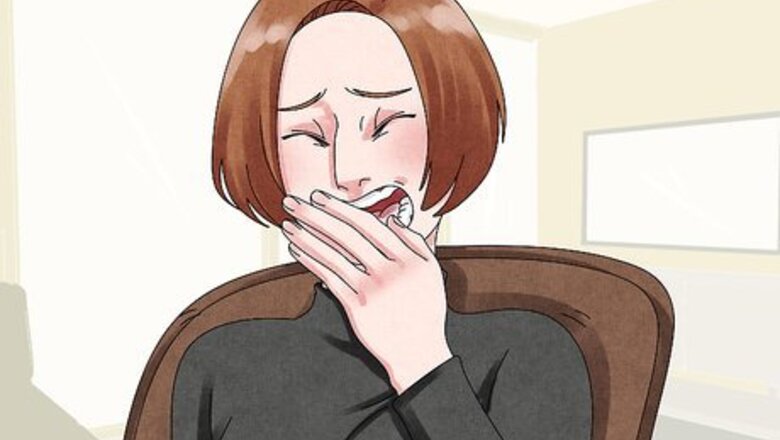
views
Mimicking Sleepy Actions
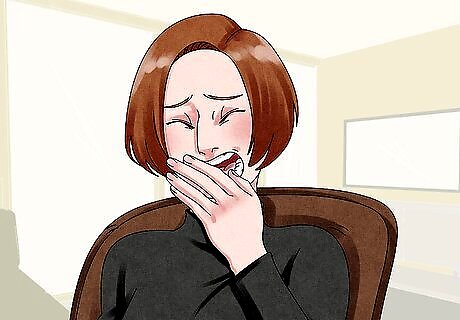
Yawn frequently. While we naturally associate yawning with sleepiness, it is actually an evolutionary trait meant to help keep us awake by increasing oxygen intake and heart rate. As to why yawns seem to be contagious, the reasons are up for debate — but you can use that to your advantage as well. Practice making deep, convincing fake yawns without going to cartoonish levels by opening your mouth too wide or making excessive noises while doing so. Just thinking about yawning may be enough to stir a real one up. And, once you yawn, odds are good that some of those around you will do so as well, which may convince them that it is time to call it a night.
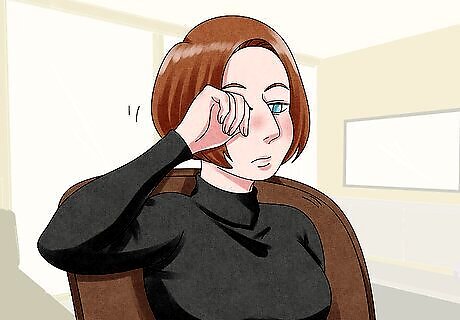
Rub your eyes. Parents of small children quickly learn to spot eye-rubbing as a sign of sleepiness, and it carries on throughout our lives. Pair it with a good yawn, and you’ll really be on to something when it comes to faking sleepiness. Our eyes tend to dry out when tired, so rubbing them is a natural response to help stimulate moisture production. It also stimulates them to stay open, at least for a short time. As with fake yawning, less is more when it comes to eye-rubbing. Watch how someone who really is tired does it, or take note of your own manner of doing so.

Show a tired face. Sleepy people never look at their best, and even a convincing yawn and eye-rub won’t work if your face looks chipper and radiant. If you want to get the job done, you need to show vanity the door. Sleep-deprived people tend to have red, puffy eyes, dark circles under the eyes, and turned-down corners of the mouth, to name a few obvious examples. Rubbing your eyes will help bring on the redness. If you normally wear makeup, skip it in order to give your face a pale, more weary look. If anything, perhaps smudge a tiny bit of eyeliner beneath your eyes to give the look of dark circles. Practice drooping the corners of your mouth without making it look like a manufactured frown. Likewise, work on your “heavy-eyelids” look as well. You want to relax your face into a tired look, not contort and freeze it into a clearly-fake one.
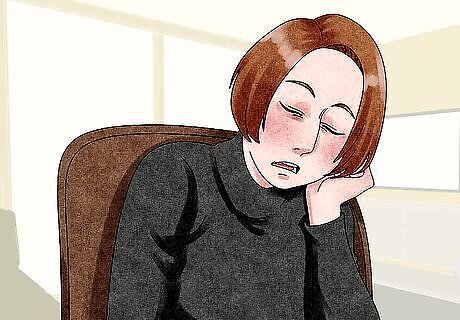
Doze off. We’ve all experienced episodes of “microsleep,” a momentary nod-off that is a signal from our bodies that we need to get some immediate shut-eye. Remember that it is important to respond to real episodes of microsleeping — for instance, when driving, pull over and take a quick nap. While it’s a common experience for everyone, it’s best to practice your microsleep acting. Your goal should be a subtle, gentle process of closing your eyes, letting your head and extremities go slack for just a second or two, then noticeably jerking awake (without “milking it” with flailing arms or yelping). Try pairing your dozing with an apology for added effect: “Sorry, I dozed off for a second there — I had some trouble sleeping last night.”
Acting Like You’re Sleep-Deprived
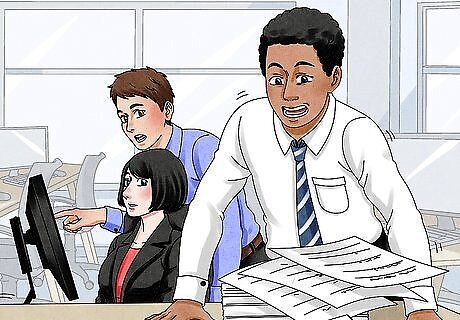
Be a klutz. It’s hard to focus when you’re actually sleepy, so it is common to have trouble with simple tasks like walking in a straight line or picking up and holding objects. Acting slightly clumsy, especially if you usually are not, can send the signal that you need some rest. You don’t have to act like you’re trying to fail a roadside sobriety test, of course. Don’t stagger around, walk into walls, and fumble around with everything you try to pick up. Instead, brush up against a doorway when you walk through, or bump into a desk just enough to knock a few loose papers off. You don’t have to go so far as spilling your drink — dropping a napkin, pen, etc., will do.
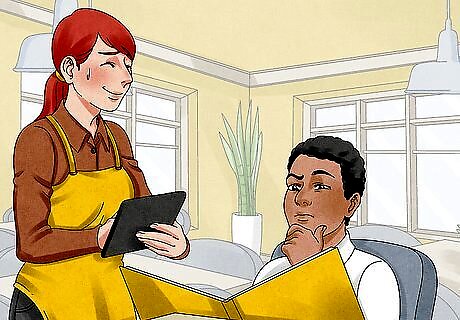
Make simple decisions difficult. If you’ve ever tried to pull an “all-nighter” studying for an exam, or have had a newborn baby in your house, you’ve experienced being too tired to think straight. Because we can’t think clearly when sleep-deprived, people in that situation tend to have difficulty making simple decisions. Show difficulty in choosing your drink preference or dinner order, or claim you can’t decide which movie to go see (even though you’ve been talking about one of them for weeks). Go back and forth in your selections. Indecisiveness is common when tired.
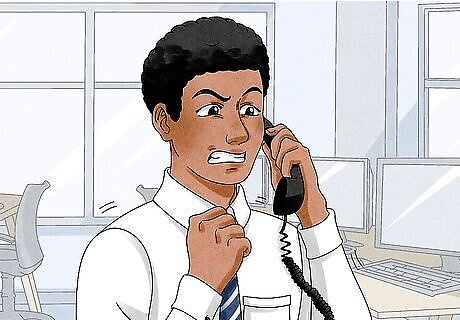
Act erratically. When people are short on sleep, they tend to go through more rapid emotional swings that exhibit as erratic behavior. Here again, moderation in your acting is key, because you don’t want to cause others to worry that you’re having some sort of breakdown. Try over-reacting noticeably (but not excessively) to minor issues, like a broken shoestring or a tardy returned phone call. Then apologize and act noticeably pleasant and easygoing for a bit. After a few rounds back and forth, explain that you’re feeling a bit “out of it” and blame your lack of sleep last night.
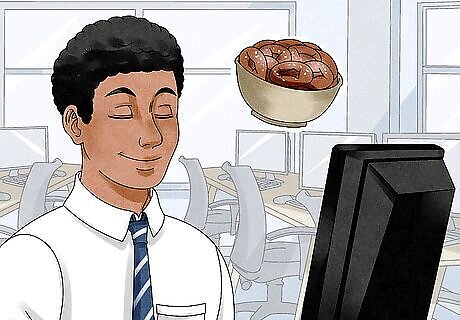
Be impulsive. Tired people also tend to have less impulse control, which can express itself in ways akin to erratic behavior, such as lashing out for no good reason. It can also be revealed through an increased difficulty in denying cravings for things like junk food. Think of getting to pretend you have the “munchies,” especially for fatty and sugary foods, as a reward for all your hard work in faking being sleepy. It may be an impulsive action for you to jump on stage to do karaoke, when normally you would never do such a thing. But be careful. If the sleepy, impulsive you is more fun to be around, your friends won’t cut you any slack when you start complaining about how tired you are. They won’t want to lose the “fun” you for the “well-rested” you.


















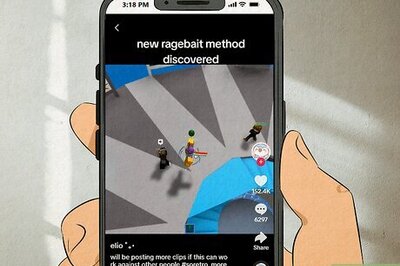
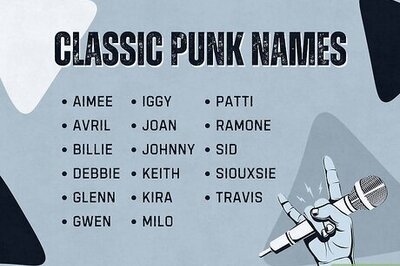
Comments
0 comment